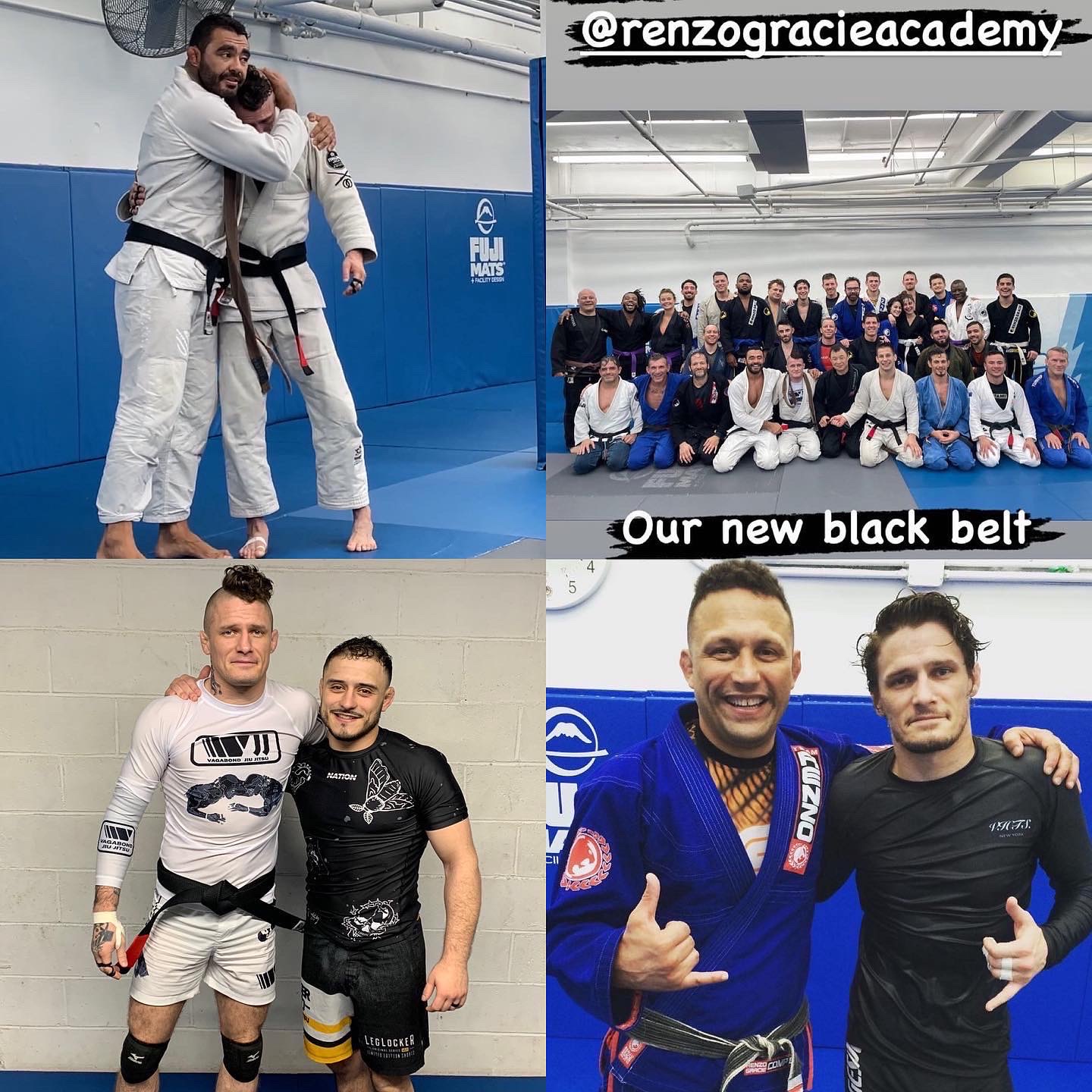Ryan Hall is big on concepts and ideas as opposed to just a list of moves or even a series of movies presented as an approach to say guard passing or closed guard or whatever.
He's big on trying to articulate the "why" not just the "how" and after hearing a purple belt and brown belt at my gym saying things they attributed to Ryan Hall, I've begun listening to the man talk.
Lucas Lepri guard passing: Lepri recently won the Mundials in 2014 at black belt/faixa preta and defeated the licks of Roberto Souza and JT Torres and in those matches his guard passing in particular was on point. The man has been nigh close to beating Leandro Lo in the past but Leandro has moved up a division and in Lo's absence, Lepri took the gold and the world championship. He runs roughshod over Souza's guard here. Lepri ties together his torreando, to his underhook/knee through, to his hip/forearm control/knee through pass for a swarm that just simply crowds and overwhelms Souza's guard ad nauseum.
Hannibal Barca: if you're going to fail, "do so while daring greatly."
It also goes on to relate that it's roughly 10 years to mastery, and that virtually no amount of time less will suffice. It's good in the sense that it truly does level the playing field mentally, or perceptually for those of us who have bought into this socially constructed-accepted belief of "naturals" and that natural ability account for a very tiny deviation in actual skill acquisition. It's bad in the sense that what it truly shows is that the only route, the only true path is long, intense, directed and deliberate practice and thousands of hours on the grind of learning, but tied to a will and desire to learn/master.
Onto the raw information/published materials -
Science of skill acquisition, click HERE.
More science of skill acquisition and expertise, click HERE.
And then.....more science of skill acquisition and development of expertise/mastery, click HERE.

No comments:
Post a Comment